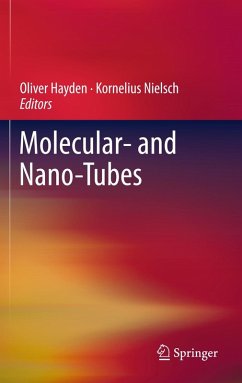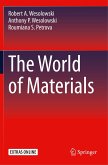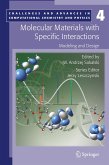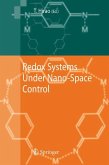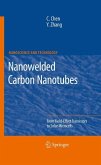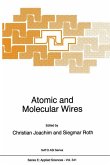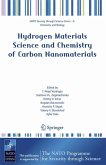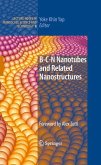Molecular- and Nano-Tubes summarizes recent advancements in the synthesis, fabrication and applications of tubular structures. An interdisciplinary overview of innovative science focused on tubular structures is provided. The reader is offered an overview of the different fields that molecular and nano tubes appear in, in order to learn the fundamental basics as well as the applications of these materials. This book also:
Shows how nanotechnology creates novel materials by crossing the barriers between biology and material science, electronics and optics, medicine and moreDemonstrates that tubes are a fundamental element in nature and used in disparate applications such as ion channels and carbon nanotubes
Molecular- and Nano-Tubes is an ideal volume for researchers and engineers working in materials science and nanotechnology.
Shows how nanotechnology creates novel materials by crossing the barriers between biology and material science, electronics and optics, medicine and moreDemonstrates that tubes are a fundamental element in nature and used in disparate applications such as ion channels and carbon nanotubes
Molecular- and Nano-Tubes is an ideal volume for researchers and engineers working in materials science and nanotechnology.

